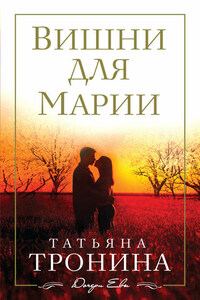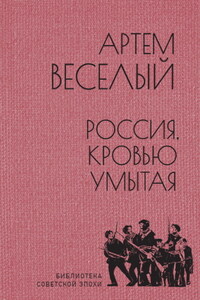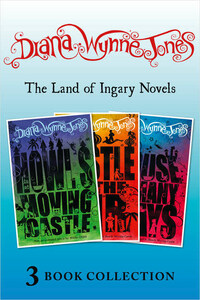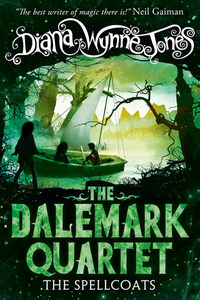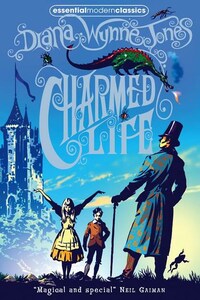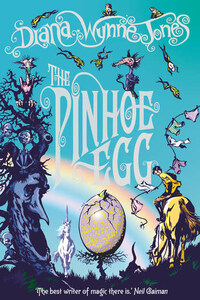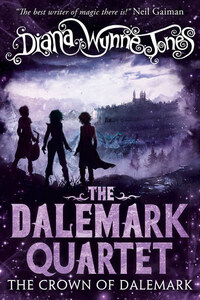Have you heard of the Flying Dutchman? No? Nor of the Wandering Jew? Well, it doesn’t matter. I’ll tell you about them in the right place; and about Helen and Joris, Adam and Konstam, and Vanessa, the sister Adam wanted to sell as a slave. They were all Homeward Bounders like me. And I’ll tell about Them too, who made us that way.
All in good time. I’ll tell about this machine I’m talking into first. It’s one of Theirs. They have everything. It has a high piece in front that comes to a neat square with a net over it. You talk into that. As soon as you talk, a little black piece at the back starts hopping and jabbering up and down like an excited idiot, and paper starts rolling over a roller from somewhere underneath. The hopping bit jabbers along the paper, printing out exactly the words you say as fast as you can say them. And it puts in commas and full stops and things of its own accord. It doesn’t seem to worry it what you say. I called it some rude words when I was trying it out, just to see, and it wrote them all down, with exclamation marks after them.
When it’s written about a foot of talk, it cuts that off and shoots it out into a tray in front, so that you can read it over, or take it away if you want. And it does this without ever stopping jabbering. If you stop talking, it goes on hopping up and down for a while, in an expectant sort of way, waiting for you to go on. If you don’t go on, it slows down and stops, looking sad and disappointed. It put me off at first, doing that. I had to practise with it. I don’t like it to stop. The silence creeps in then. I’m the only one in the Place now. Everyone has gone, even him – the one whose name I don’t know.
My name is Jamie Hamilton and I was a perfectly ordinary boy once. I am still, in a way. I look about thirteen. But you wouldn’t believe how old I am. I was twelve when this happened to me. A year is an awful long time to a Homeward Bounder.
I really enjoyed my twelve years of ordinary life. Home to me is a big city, and always will be. We lived in a really big, dirty, slummy city. The back of our house looked out on to a lovely cosy courtyard, where everyone came out and talked in fine weather, and everyone knew everyone else. The front of our house was our grocery shop, and all the neighbours shopped there. We were open every day, including Sunday. My mother was a bit of a sharp woman. She was always having rows in the courtyard, usually about credit. She used to say the neighbours expected to buy things for nothing just because they lived in the court, and she told them so to their faces. But no one could have been kinder than my mother when a neighbour’s daughter was run over by a brewer’s waggon. I often hope they were as kind to her over me.
My father was big and soft-spoken and kind all the time. He used to let people buy things for nothing. When my mother objected, he used to say, “Now, Margaret, they needed it.” And usually that stopped the argument.
The arguments my father couldn’t seem to stop were always over me. The main one was because I was in my last year at school. School cost money. My school cost rather more than my father could afford, because it had pretensions to grandeur. It was called Churt House, and it was in a dreary building like a chapel, and I remember it as if it were yesterday. We had all sorts of pretend-posh customs – like calling our teachers Dominies and a School Song – and that was why my mother liked it.







